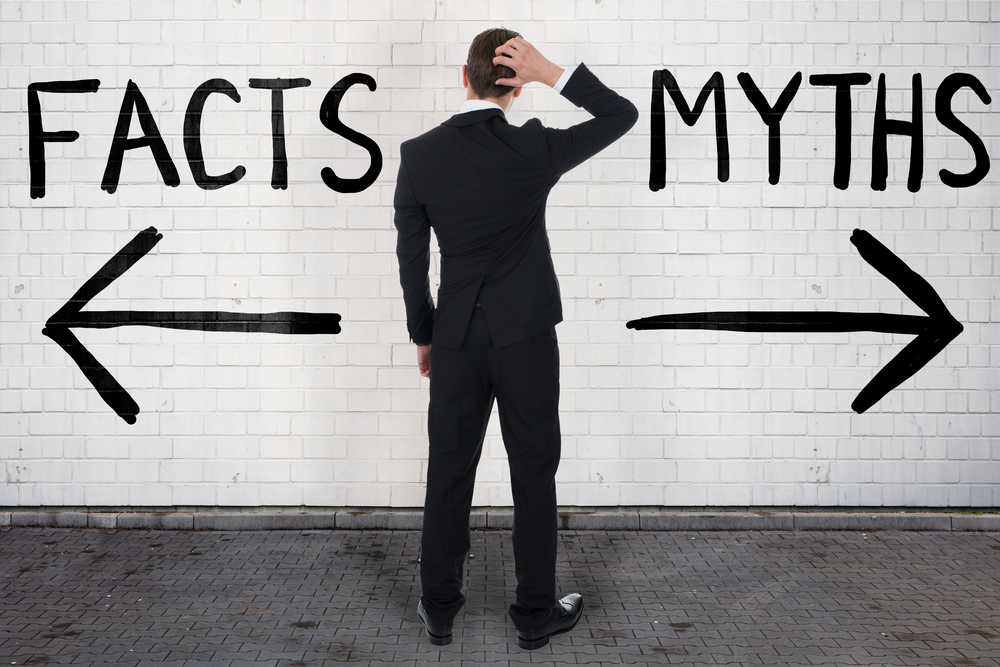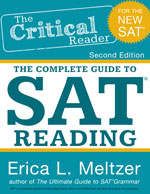
by Erica L. Meltzer | Jul 4, 2017 | ACT Reading, Blog, SAT Reading
From time to time, I get emails asking me to provide suggestions for SAT/ACT reading prep materials, and it finally occurred to me that I should create a formal SAT/ACT Reading Resources Page with all of my recommendations grouped in one place.
In the past, when I’ve received these types of requests, I’ve simply pointed people to Arts & Letters Daily; however, that site contains a huge number of links, some of which go to publications well beyond the scope of college-admissions exams. As a result, I’ve identified a smaller group of (online, free) magazines whose articles I find most reflective of SAT/ACT reading, and provided links to those.
I’ve also included a list of suggested authors, both fiction and non-fiction, classic and contemporary, in case you want to do some poking around on your own. And if you’re studying for the SAT, I’ve included links to a number of key historical documents.
(more…)
by Erica L. Meltzer | Jul 2, 2017 | ACT Reading, Blog, SAT Reading
While going through all of my quizzes to make some edits/updates, I noticed that while there were an awful lot of grammar exercises, I was sorely lacking in the reading quizzes department — and that was really a major oversight (oops!) since for a lot of students, that’s the hardest part of the test. So I’ve decided to remedy the issue. (more…)

by Erica L. Meltzer | Nov 26, 2015 | Blog, The New SAT
As I’ve written about recently, the College Board (and David Coleman in particular) appears to have a somewhat tenuous relationship to the concept of evidence. It is therefore entirely unsurprising that the new SAT reflects this muddled definition.
Consider the following:
In a normal academic context, the word “evidence” refers to information (facts, statistics, anecdotes etc.) used to support an argument.
An argument is, by definition, a debatable statement. The point of using evidence is to provide support for one side or the other. On the other hand, reality-based statements that cannot be argued with, at least under normal circumstances, are generally considered facts. (more…)

by Erica L. Meltzer | Aug 13, 2015 | Blog
The Critical Reader, 2nd Edition is tailored to the redesigned SAT. Like the previous version, this edition balances critical aspects of comprehension with SAT-specific strategies. While a significant amount of information from the first edition has been left intact, this edition also features extensive discussions of supporting evidence and infographic questions, along with numerous full-length passages that reflect the new test’s heavier focus on science and social science.
With the exception of those excerpted from historical documents, passages are taken from contemporary sources including The Economist and Harvard Business Review, and are closely matched to the style and level of the passages on the exams released thus far by the College Board.
Click here to purchase.
by Erica L. Meltzer | Jan 24, 2013 | SAT Reading
One of things I’ve noticed recently is that when doing SAT Reading, a lot of students are very quick to cross out answers that sound excessively abstract or complicated without trying to understand them fully. I do understand the impulse: if you think you pretty much understand what a passage is saying and an answer does not, at first glance, seem obviously related to anything directly stated by the author, it would stand to reason that it’s probably not the answer. Unfortunately, however, it doesn’t always work that way.
One of the things I try make as explicit as possible when I start working with someone is the fact that SAT Reading questions often require you to first determine information very, very literally, then take a step back and re-cast that same information in much more general or abstract terms. That’s why the answers are often worded in ways that are 1) completely unexpected, and that 2) often seem to bear little relationship to what’s actually being stated in the passage.
In general, a good rule of thumb is that you should never eliminate an answer simply because you find it confusing or don’t really understand what it means. Likewise, you should never pick an answer just because you do understand what it’s saying. I cannot emphasize this enough: your ability to understand an answer has exactly zero impact on its likelihood of being either correct or incorrect. Zero.
Practically speaking, that means that if you are stuck between an answer you do understand and an answer you don’t, the latter must be correct — regardless of how little sense it makes to you — if the former doesn’t work.
So when you come across an answer that seems to be worded in a highly abstract manner, the first thing you need to do is try to figure out what it’s actually saying. Ideally, you should have already gone back to the passage and formulated an answer in your own words, in which case you need to think hard about whether the answer on the page might simply be a more general version of what you came up with. If you haven’t gone back to the passage…well, you might have to do it by process of elimination. But if you’re willing to entertain all the possibilities and resist jumping to conclusions, that can be very effective as well.


